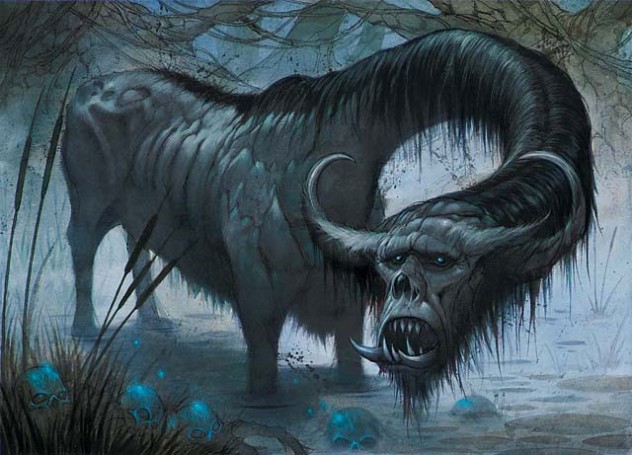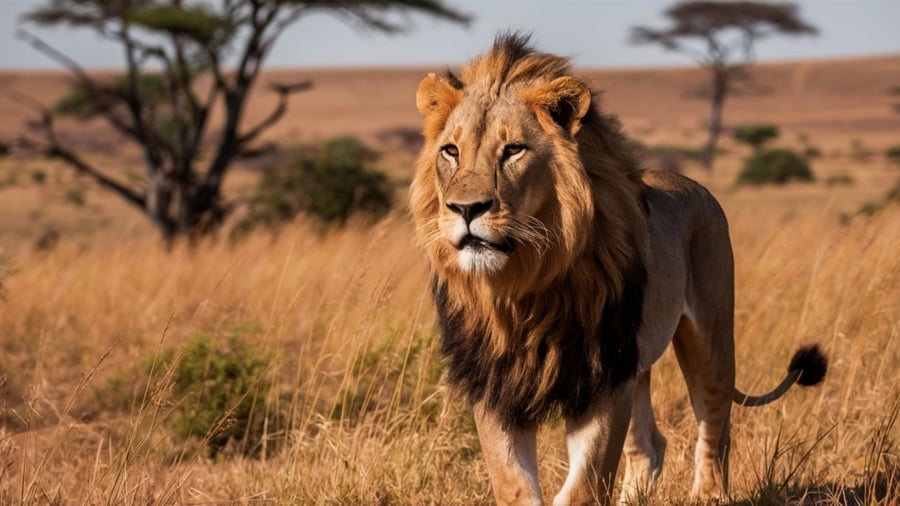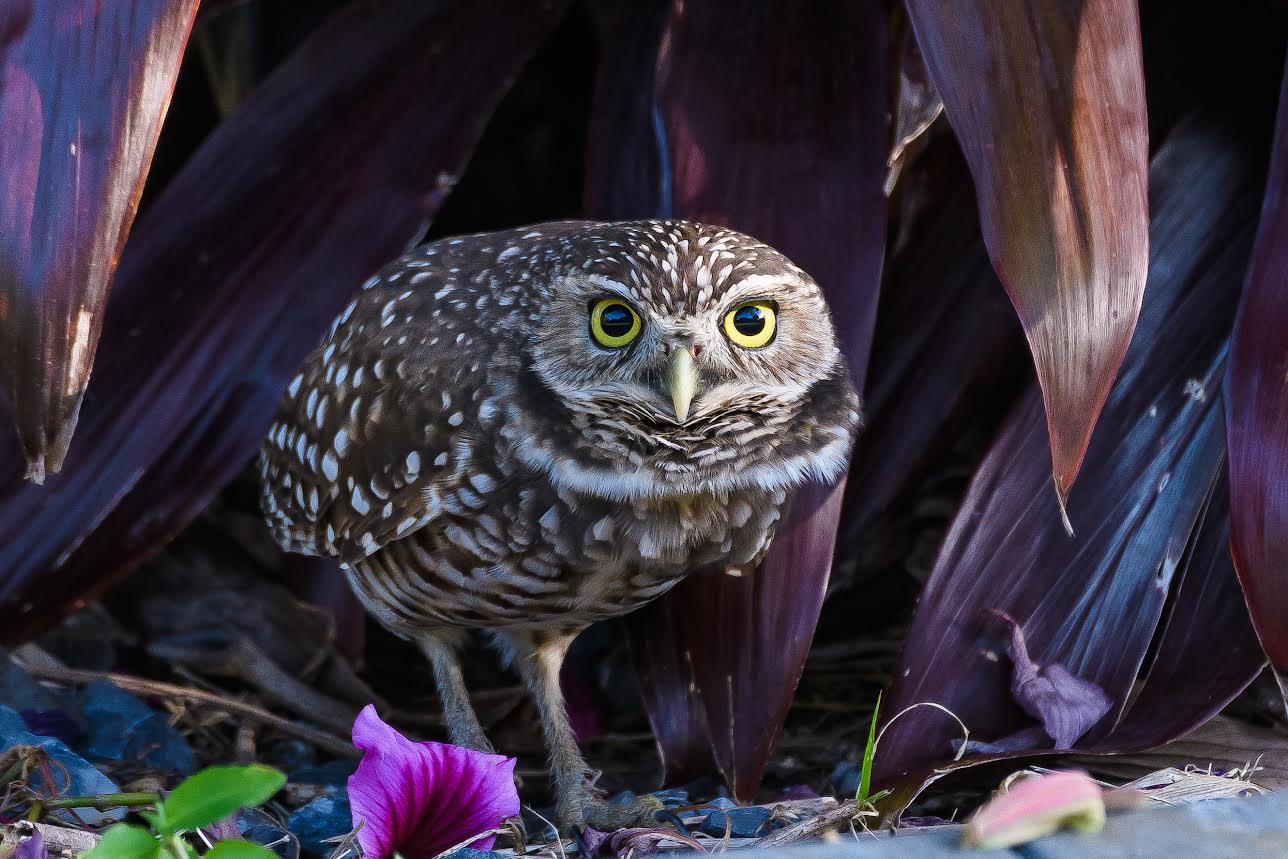Animals in Mythology: The Cultural Significance of Creatures
Animals have long held a prominent place in mythology across diverse cultures and civilizations. From the majestic eagle soaring through the skies to the cunning fox lurking in the underbrush, these creatures embody a myriad of meanings and symbolize various aspects of human experience. 
This article explores the cultural significance of animals in mythology, examining their roles as symbols, messengers, and embodiments of human traits and natural forces.
The Symbolism of Animals in Mythology
Animals often serve as powerful symbols in mythological narratives, representing various human emotions, traits, and societal values.
The symbolic meanings attributed to animals can vary significantly across cultures, reflecting local beliefs and customs.
- Courage and Strength: The lion, often referred to as the king of the jungle, symbolizes courage, strength, and nobility. In many cultures, including ancient Egypt, the lion was revered as a protector and a symbol of divine power. The goddess Sekhmet, depicted as a lioness, represented war and healing, embodying the duality of destruction and protection.

- Wisdom and Knowledge: The owl, frequently associated with wisdom, appears in various mythologies. In Greek mythology, the owl is linked to Athena, the goddess of wisdom and warfare. This association highlights the owl's role as a symbol of knowledge, intuition, and insight, often seen as a guide through the darkness of ignorance.

- Trickery and Cunning: The fox is often portrayed as a trickster figure in folklore and mythology. In Native American stories, for example, the fox is depicted as a clever character capable of outsmarting larger and more powerful animals. This representation underscores the value placed on intelligence and resourcefulness, emphasizing that cunning can be as powerful as brute strength.
The diverse symbolism of animals in mythology serves not only to enrich storytelling but also to convey moral lessons and cultural values, allowing societies to reflect on their beliefs and experiences.
Animals as Messengers of the Divine
In many mythologies, animals are viewed as messengers or intermediaries between the human world and the divine. These creatures often carry significant messages or omens, guiding individuals on their life journeys.
- Divine Communication: In Hindu mythology, the peacock is associated with the goddess Saraswati, symbolizing beauty and wisdom. The appearance of a peacock is often considered a sign of divine presence, inspiring individuals to seek knowledge and creativity. Similarly, in various cultures, the appearance of certain animals during significant life events, such as birth or death, is regarded as a message from the divine, offering guidance or reassurance.
- Transformation and Change: Animals are also seen as symbols of transformation and change. The butterfly, for instance, represents metamorphosis and the cyclical nature of life. In many cultures, the emergence of a butterfly is viewed as a sign of renewal and rebirth, encouraging individuals to embrace change and transformation in their own lives.
- Omens and Portents: The raven, often associated with death and the supernatural, serves as a harbinger of change in various mythologies. In Norse mythology, Odin, the god of wisdom and war, is accompanied by two ravens, Huginn and Muninn, who fly across the world to gather information. Their presence signifies the importance of knowledge and foresight, reminding individuals to remain vigilant and aware of the forces shaping their destinies.
Through these roles, animals serve as vital conduits for divine communication, offering insights and guidance to individuals navigating the complexities of life.
The Role of Animals in Cultural Identity
Animals in mythology are not only significant for their symbolic meanings but also play a crucial role in shaping cultural identity. They often reflect the values, beliefs, and traditions of a society, contributing to a shared sense of belonging and heritage.
- Cultural Narratives: Many cultures have myths and legends centered around specific animals that resonate with their historical experiences. For example, the bear holds a sacred place in many Indigenous cultures in North America, symbolizing strength, courage, and protection. Stories of bear encounters often serve to reinforce cultural values and the importance of living in harmony with nature.
- Rituals and Ceremonies: Animals are frequently incorporated into rituals and ceremonies, serving as symbols of cultural identity and continuity. In ancient Egypt, the sacred ibis was associated with Thoth, the god of writing and knowledge. Rituals involving the ibis were performed to honor the deity and seek wisdom, demonstrating how animals can embody cultural beliefs and practices.
- Art and Representation: The representation of animals in art and literature further solidifies their cultural significance. From ancient cave paintings to contemporary literature, animals are often depicted to convey moral lessons, cultural values, and shared experiences. These artistic expressions serve to preserve cultural narratives and foster a sense of collective identity.
Through their integration into cultural narratives, rituals, and artistic expressions, animals in mythology help shape and reinforce cultural identity, allowing societies to connect with their past and navigate their present.
Conclusion
The cultural significance of animals in mythology is profound and multifaceted. They serve as symbols of human traits, messengers of the divine, and reflections of cultural identity. As societies continue to evolve, the stories and meanings associated with these creatures remain relevant, offering insights into the human experience and the natural world.
Understanding the roles of animals in mythology enriches our appreciation of diverse cultures and their narratives. It invites us to reflect on our own beliefs and values, encouraging a deeper connection to the world around us. As we explore these mythological creatures, we are reminded of the enduring legacy they leave in shaping our understanding of ourselves and our place in the universe.
References
- The Symbolism of Animals in Mythology
- Animals in Mythology: A Study of Cultural Significance
- Mythical Creatures and Their Meanings
- The Role of Animals in Mythology
- Cultural Significance of Animals
- Animals as Symbols in Mythology
- The Importance of Animals in Mythology
- Animals in Folklore and Mythology
- Cultural Identity and Animal Symbolism
- Mythological Animals and Their Cultural Impact
































































